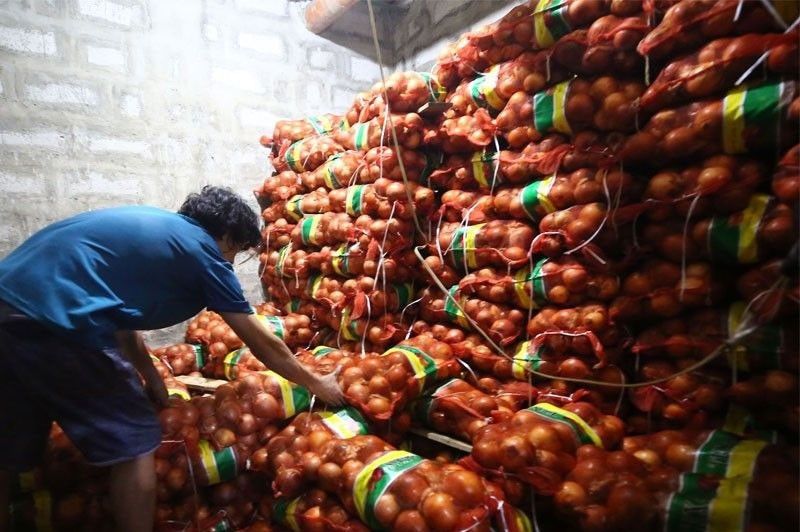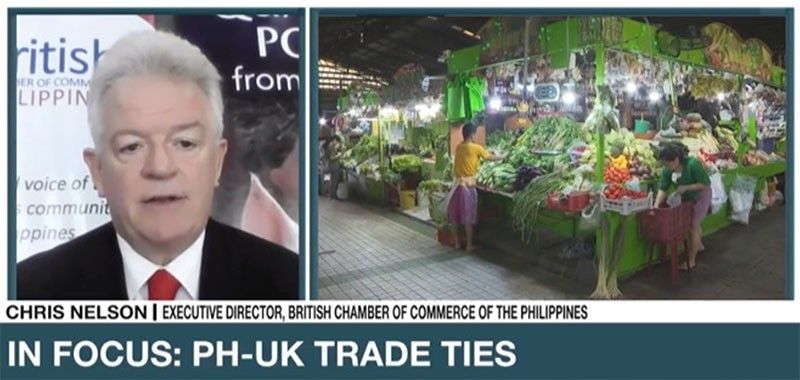British Chamber expects passage of anti-agricultural economic sabotage act

The British Chamber of Commerce Philippines looks forward to the passage of the Anti-Agricultural Economic Sabotage Act to further assist on inflation and food supply–echoing the government’s prioritization of imposing stringent measures to protect the local farmers and consumers.
Upon Congress’ resumption of session last 29 April 2024, Senate President Juan Miguel Zubiri outlined the 20 priority bills and expects its passage before the end of the second regular session of the 19th Congress in June.
One of which is the Anti-Agricultural Economic Sabotage Act, which is awaiting bicameral conference committee approval–with both versions from the Senate and the House of Representatives being unanimously approved last year.
“The passage of the Anti-Agricultural Economic Sabotage Act remains a key priority. We know there have been some discussions that could be passed, hopefully before the Congress adjourns in June. We have some concerns in terms of the amendment of import entries that should be looked at but overall, the need is to pass this act,” BCCP Executive Director/Trustee Chris Nelson said in an interview.
Last February 2024, the British Chamber expressed its concern on the initial reported changes on the minimum access volume (MAV) for pork imports–noting how it could impact inflation, domestic supply, and existing trade agreements under the World Trade Organization (WTO). This also echoed the sentiments of the MAV Advisory Council (MAC), meat importers and economists.

With the inflation having quickened in April 2024 at 3.8%, having been influenced by food and non-alcoholic beverages, the British Chamber consistently calls on the full implementation of the Executive Order No. 50, mandating the extension of lowered tariff rates on agricultural commodities including pork.
“Inflation remains the key issue and that has been remarked upon by Secretary Recto. If we can get inflation lower, this would certainly help the GDP. In that context, we strongly advocate the full implementation of the Executive Order No. 50 on the lower tariffs, particularly for pork. We work very hard on that to get quality pork from the UK here. The [GDP] numbers at 5.7% is still a good growth rate. Obviously, along with everybody, we want to see it higher. I think it's tracking the right way. The key is getting that inflation number, particularly on food, down,” Nelson further noted.
The British Chamber acknowledges the significance of the agricultural sector in maintaining the UK-PH trade at a high level and the overall Philippine economic growth, emphasizing towards its efforts in managing inflation and ensuring food security in the country.
- Latest




























